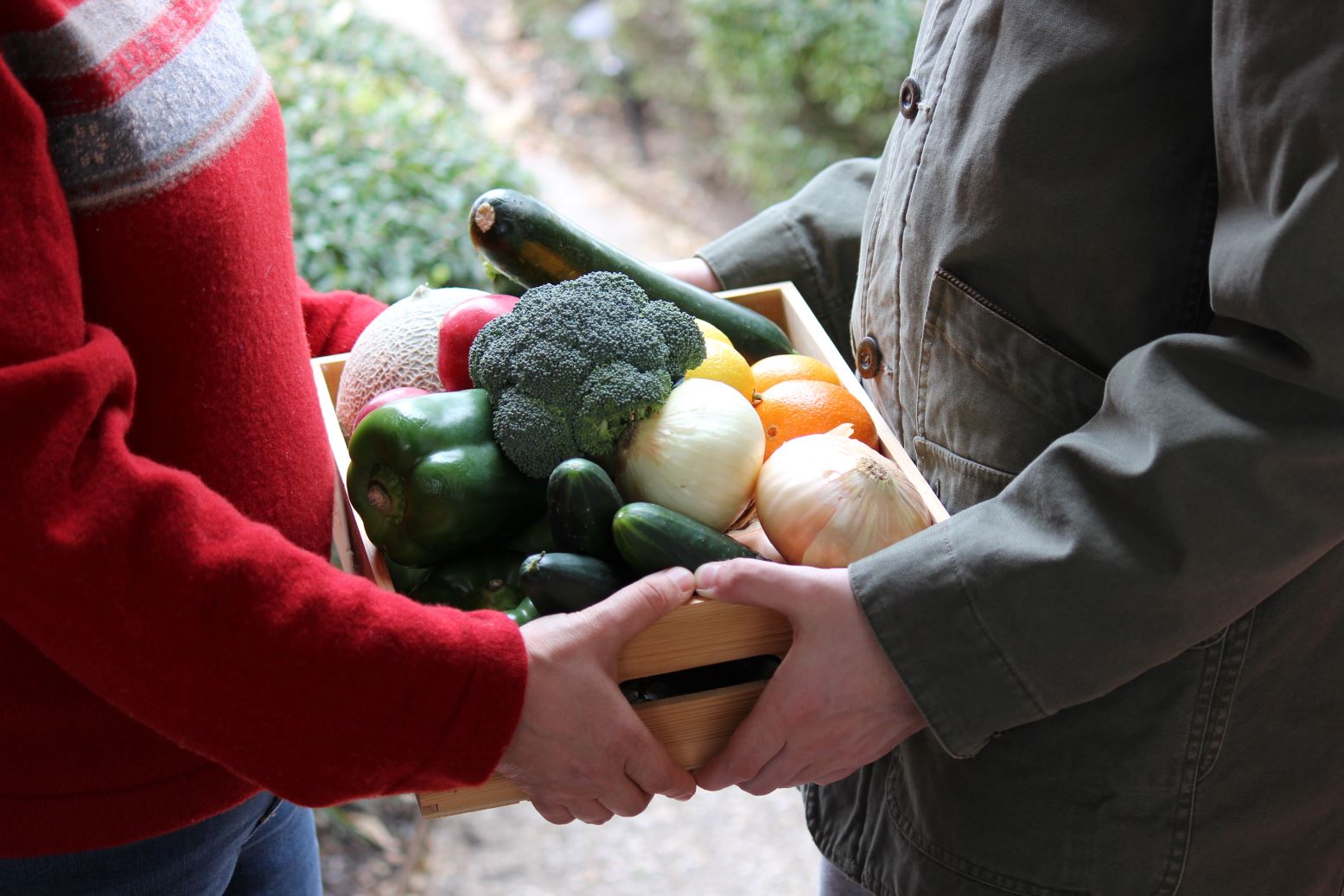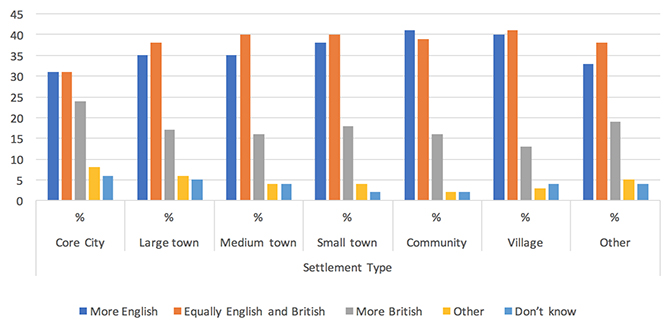In London’s poorest boroughs, there is increasingly a sense that public services can no longer be relied on. People look instead to their local community for support. Shani Orgad, Divya Srivastava and Diana Olaleye offer three policy proposals for harnessing the power and value of communities.
“We’re not in the Dickensian times and yet it feels like we actually are!” Cynthia, a resident in one of London’s most socioeconomically deprived boroughs, is not alone in expressing despair, disappointment and anger about the current state of affairs. Britain is in the midst of a polycrisis: the convergence of the cost-of-living and NHS and social care crises in the aftermath of Covid-19 pandemic. A sense that “nothing works” was prevalent among the 49 residents we interviewed and aligns with public opinion as measured in other recent polls and focus groups. Across the political spectrum, there seems to be an agreement that Britain is broken.
Our study supports mounting evidence that, following years of austerity and state cuts in areas such as childcare, health, and education, rising numbers of people are unable to afford the most basic of material and social needs. But we also found one thing that still seems to work: community. In face of radically dwindling state support and the absence of basic care facilities and resources, people hang on to and desperately seek ways to foster community. In particular, the London residents we spoke to, in boroughs where poverty and inequality have proliferated, underscored three aspects of community that are vital in their lives–though they too are under severe threat. We highlight three pillars of community that residents rely on and offer three key recommendations for mobilising existing models of collective care, reducing overdependence on informal, unpaid care work.
The three pillars of community
Mutual support
Many of the people we interviewed rely on the support of others in the community, beyond their immediate kinship networks. Mostly in the form of self-organised volunteer groups, such support structures germinated during the Covid-19 pandemic and some continue to operate. However, many of the acts of mutual care our interviewees described are neither part of these volunteer-led community groups, nor are they spontaneous, occasional acts of kindness or neighbourliness. Rather, for many of the residents in London’s deprived areas, mutual care manifests in an informal yet long-term, regular system that helps keep people alive. A typical example mentioned by many is of WhatsApp groups of residents living in the same block of flats, where daily some text to say they have no food, and others in the block reply to offer an item they are able to donate. Those who donate may need others’ donations another time, so there is an unwritten code of reciprocity but also of unconditional care. There have been reports on similar WhatsApp resident groups, for example in Harrow and Brixton. However, these initiatives are aimed at sharing surplus food and reducing food waste. The groups our research participants described aim to help them survive.
For some, the community centre is a lifeline, offering a space of connection and sociality in the wake of severe mental health issues, loneliness, and isolation.
Community champions
Another informal yet vital community resource is what interviewees call ‘community champions’ or ‘community advocates.’ These are residents who are struggling themselves to afford the most basic of material and social needs, yet they are “people who know how things work,” as one participant explained, and voluntarily use their knowledge for the benefit of people in their community. They know how to navigate bureaucratic systems and how to speak with the authorities. Unlike many who do not have online access and/or cannot use a smartphone, community champions know how and where to find useful–indeed, sometimes life-saving–information. Community champions are also key, and for some people exclusive, sources of information about free activities and sources of leisure and support–things that many residents desperately seek for their physical and mental health.
Community centres
The third crucial source of support for many residents are local community centres. These independent non-profit hubs use local resources (sometimes funded by the council) to support residents. For many, the price of local transport has become unaffordable, forcing them to minimise or avoid commuting, and thus disengage from activities that require public transport to get to. They therefore visit the community centres more frequently, to get out of the house, meet people and keep active. For some, the community centre is a lifeline, offering a space of connection and sociality in the wake of severe mental health issues, loneliness, and isolation.
Interviewees repeatedly mentioned that attending free exercise classes at their community centre gave them a sense of belonging and has been pivotal for their physical and mental health. Crucially, the community centres provide warm havens where many residents spend many hours of their day, as they are unable to afford heating their homes. The centre is also a place where residents can occasionally eat food–something many find increasingly difficult to afford. From cooking classes organised by community centres, some participants secure their only meal for the day.
Finally, these community hubs are important sources of information, especially for people who do not have digital access. They visit centres to learn about local events, sources of support, and other issues, either through the centre’s organisers and people they meet, or from brochures and posters on display.
Policies to support communities
The people we spoke to were emphatic that government-wide action to address the polycrisis is urgently needed. There is a host of evidenced-based policy options regarding the cost of living, NHS crisis and social care crisis that the government could consult in taking action.
Local authorities rely on the informal network of community champions, but their availability and reach vary widely.
Our research adds to this body of evidence, urging the government to acknowledge that, though vital, the informal support network currently holding local communities together is not enough. Based on our research, we make three key recommendations for how the government can work with decision-makers in local communities to solve key problems.
First, address the information gap. While councils, local organisations and community centres provide most of their services and/or information about their services online, this excludes residents without digital access or skills from necessary services to which they are entitled. It is crucial that councils, local organisations and community centres work together to offer alternative ways to guide local residents to relevant information and to help them use their services–a demand recently echoed by Age UK, but which applies to some younger residents too.
Second, create and institutionalise community champions. Local authorities rely on the informal network of community champions, but their availability and reach vary widely. Instead, local authorities should formalise these roles as paid positions. A community champion placed within a local organisation or community centre could act as a focal navigator for residents between the local authority and services the residents require.
Third, widen the reach and enhance the vital provision of community centres. This is crucially about government and local authorities investing in the bricks and mortar and properly funding these centres, as well as working with them. Their expertise and insight into the needs of local communities mean they are well-placed to articulate gaps in the provision of local support and find effective ways to address them.
“We can only get so far as individuals,” concluded a pensioner in one of our focus groups. Decision-makers in government, local authorities and community centres must harness the huge value and power of community. By listening to people’s experiences, needs, aspirations, and proposed solutions, well-informed policies will mitigate the impact of the polycrisis.
Three quarters of our study participants are women and aged over 45. More than half have an income of less than £20,000, are unemployed or retired, living with family, and are from Black, Asian, or Mixed backgrounds. All names in the article are pseudonyms.
All articles posted on this blog give the views of the author(s), and not the position of LSE British Politics and Policy, nor of the London School of Economics and Political Science.
Image credit: Elena Rostunova on Shutterstock







